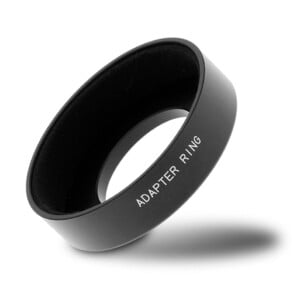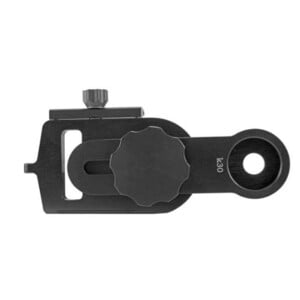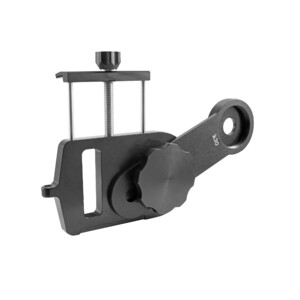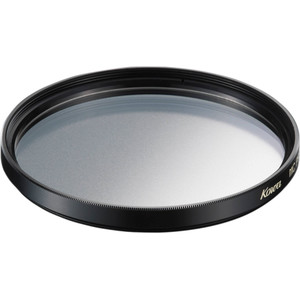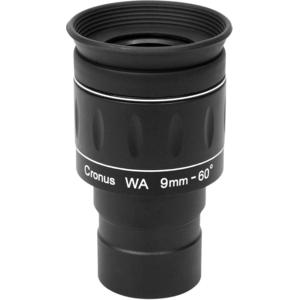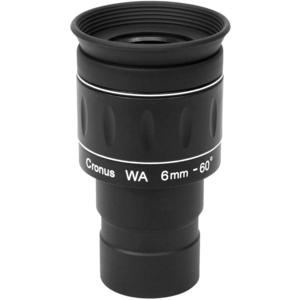TSN-TWIST UP LOCKERS (SET OF 2)
A perfect accessory for smartphone digiscoping
Allows you to use eye-relief on your eyepiece cap and still shoot in landscape with your smartphone. Prevents slipping of eye-relief cap when heavy smartphones are attached to the eyepiece
Includes two rings - thick and thin for multiple eye-relief settings. For the best smartphone digiscoping results, it is often essential that the eyepiece eye relief cap is engaged to create a sweet spot between camera lens and eyepiece. Without engaging eye relief, digiscoping results can be dramatically reduced with increased vignetting covering the image. Applying eye relief removes this negative effect and the amount of eye relief depends very much on the individual lens of the smartphone. The major problem encountered by smartphone users when engaging eye relief on the eyepiece is that the weight of the smartphone and adapter puts increased pressure on the eye-relief cap resulting in the eye-relief cap slipping back to it’s default position.
To combat this problem, digiscopers have to shoot in portrait mode (vertical) meaning landscape images and video is not possible. Shooting video in vertical mode is particularly restrictive and makes playback on TVs and other devices disappointing.
The TWIST-UP LOCKING RINGS provide the perfect solution by locking the eyecup in the desired position for perfect eye-relief. This means that even large smartphone models can easily take photos or videos in landscape format without the adapter being hand held in position to prevent slipping. The TWIST-UP LOCKING RINGS have been developed for the eyepieces of the TSN-99/880/770 spotting scope series.
Compatible Current eyepeices:
- TE-11WZ II (25-60x / 30-70x Wide Zoom)
- TE-80XW (35x / 40x Extreme Wide)
Compatible eyepieces no longer availalble:
- TE-11WZ (25-60x / 30-70x Wide Zoom)
- TE-10Z (20-60x / 23-70x Zoom)
- TE-17W (30x / 35x Wide)
The set includes two locking rings, one thin and one thick. These rings can be used individually or combined offering three variations of eye-relief depth from minimum to maximum.
